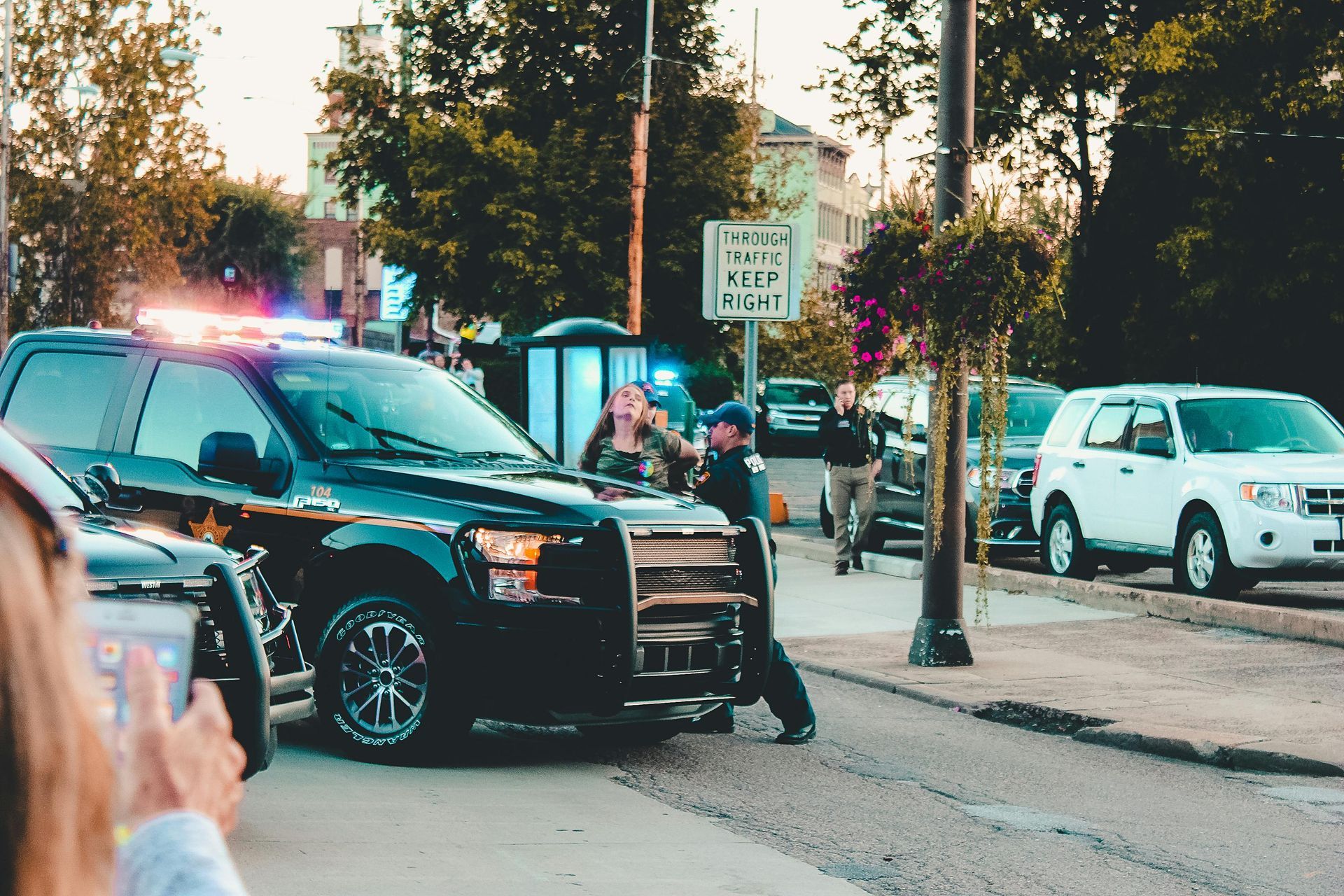Understanding Georgia’s Gun Laws: What Counts as Illegal Possession?
Understanding Georgia’s Gun Laws: What Counts as Illegal Possession?
Georgia is known for having relatively permissive gun laws, but that doesn’t mean all firearm possession is legal. Knowing what qualifies as “illegal possession” under Georgia law is essential for protecting your rights and avoiding serious criminal charges.
Who Can Legally Possess a Gun in Georgia?
In general, Georgia law allows most adults aged 21 and older to possess and carry firearms without a permit, thanks to the state’s “constitutional carry” law enacted in 2022. However, there are important restrictions that make firearm possession illegal for certain individuals and in specific locations.
When Firearm Possession Becomes Illegal
Under Georgia Code §16-11-131, it is unlawful for the following individuals to possess a firearm:
- Convicted felons, unless their rights have been restored.
- Individuals on probation for certain violent or drug-related offenses.
- People with active restraining orders related to domestic violence.
- Individuals adjudicated mentally incompetent or who have been committed to a mental institution.
- Minors under 18, except in limited cases such as supervised hunting or training.
In addition, possession becomes illegal in certain restricted areas, including:
- Schools and school property
- Government buildings and courthouses
- Secure areas of airports
- Jails, prisons, and detention centers
Violating these laws can lead to felony charges, lengthy prison sentences, and permanent loss of gun rights.
What To Do If You’re Accused of Illegal Gun Possession
A charge of unlawful firearm possession is a serious matter that can impact your future, even if the accusation arises from a misunderstanding. It’s critical to understand your rights and avoid speaking to law enforcement without legal counsel.
At The Lopes Law Firm, we can provide legal assistance to the Atlanta public. Our team can help you understand Georgia’s firearm laws, investigate the details of your case, and build a defense strategy aimed at achieving the best possible outcome.









